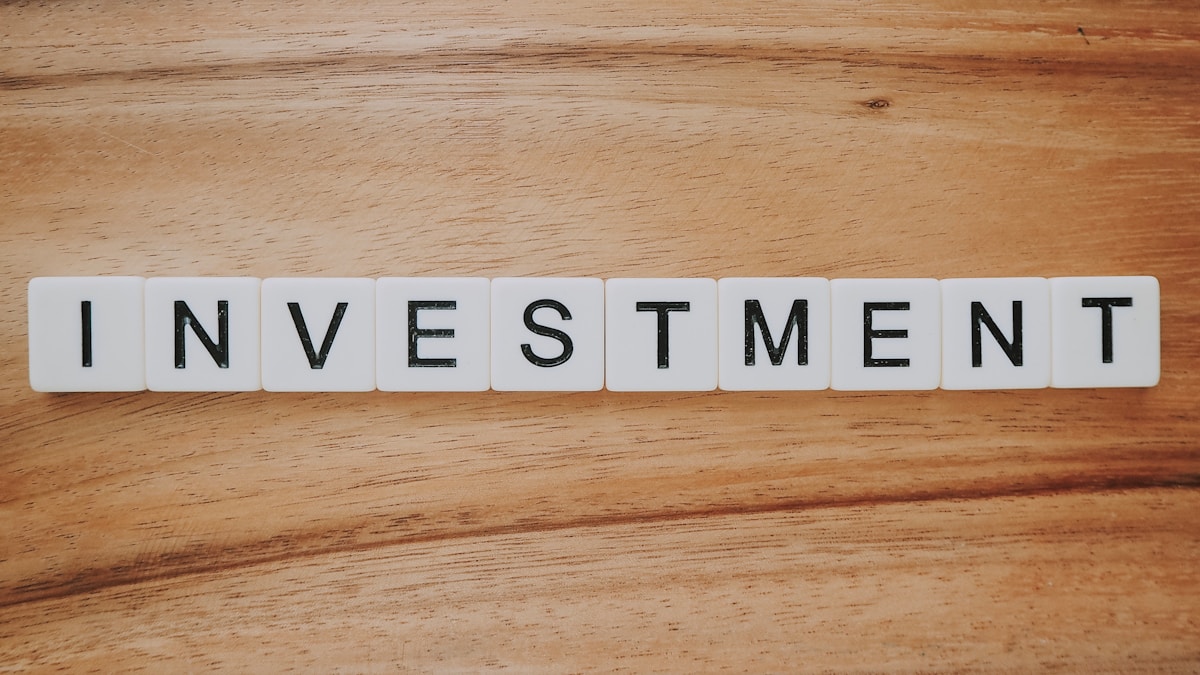When it's time to start raising capital, just asking for money isn't the whole pitch. Startups need to ask questions of potential investors and figure out if they are good for their company.
Most founders spend little time asking investors questions, and that’s too bad. Good investors love it when you ask them questions, because it shows that you are thoughtful and don’t think of them as just a walking wallet.
By asking the right questions, you can really qualify investors in your funnel get clear answers, and minimize the chance of wasting your time with investors who will not invest.

Are you interested in potentially investing in my company, and if so, what are the next steps?
No first meeting with an angel or VC should end without you asking this question. Be direct. Do not be shy. Every investor by the end of the meeting will make up his or her mind.
By asking this simple and direct question, you will know exactly where you stand. If the investor indicates interest in continuing the conversation, then ask about the next steps. Listen carefully to what the investor is saying.
For example, the investor might say keep me posted, or I am traveling the next few weeks or I have a lot of things I am working on – this is known as a soft NO or definitely not now. When an investor is vague, assume he / she is not interested.
On the other hand, if the investor proposes to set up a follow up meeting or a call in the next week or so, this means there is interest. Listen carefully to what the next steps are and decide if the interest is real.
What is your investment process, and how long does it take?
If the investor is interested in taking the next steps, you need to ask about the whole investment process. The process will vary widely depending on the type of investor.
Some angels like to co-invest with others, and that often prolongs the process. Typically, a formal angel group will assign a team of angels to an investment committee for each deal. You will need to meet with them at least a few times and then, if things go well, present to the entire angel group. After that, there maybe more diligence.
The process for Micro VC and VC firms varies, but generally takes 3-4 meetings to get a positive decision. Every firm meets regularly to evaluate the deal flow. When you hear that you will be talked about during the partner meeting this week, in general, this a positive thing, but be ready for a quick NO coming out of that meeting. If the VC is engaged, you should be meeting with more and more partners in the firm as the process unfolds. For larger checks, you will be invited to present at a partner meeting. That would be a critical meeting for a YES decision.

What is your check size?
Knowing the check size helps influence the timeline and, frankly, the effort you put into this particular pitch. For example, if you are raising a $1MM round you can’t spend a ton of time with people who write $25K checks. You simply won’t be able to get to the finish line if you focus on those.
Oftentimes you will hear a range. An angel can say I invest $25K-$200K, or a VC invests anywhere from $300K to $5MM. Ranges, in general, aren’t great because they lack clarity. There may be complexity or another message behind them. For example, an angel who says $25K-$200K may only invest $25K personally and then syndicate out the rest.
Similarly, when a VC names a range, it might actually mean that they do seed exceptionally rarely. Find out their minimum investment before you spend your time.
How many more investments are you planning to make this year?
Number of investments per year is called pacing, and the disciplined investors pay a lot of attention to it because they want to be investing continuously through the year. For example, if a VC has a seed program, and you are talking to them in October, and they decided to fund 10 deals a year and they already funded all 10, there are no more checks left. With this information, the founder should reduce the chance of being funded by this firm to basically 0.
Another, much more subtle issue with VC would be capacity. Some partners just don’t have the bandwidth to take on any more investments. In that case, they would still meet with the founders, but they just can’t invest. Asking about ability to invest upfront saves a lot of time.
Who else needs to be involved to make the decision to invest?
ABC in sales is to find a champion and to find who can cut the check. Similarly with fundraising, when you are dealing with angel groups and venture firms, it is important to understand who will be involved in making the decision. Some angels tell you that they co-invest with friends. This can be both a good thing or a bad thing. The good is that there may be more capital available if you succeed, the bad is that the decision is distributed. Be sure to meet everyone who is involved in making a decision, don’t let other people present the business on your behalf.
In most VC firms, associates will not be able to make a decision without involving a partner. Which partner is making a decision? Can you meet them? Again, making sure that you meet with the decision maker is critical on the path to getting a YES. Another way to think about this is that if you don’t meet the partner, it is basically a NO.

What is the last company backed, and why?
This is a simple but relevant question. You are testing for how quickly the answer comes, how enthusiastic the investor is and when was the investment made.
It can be quite telling one way or another. Has it been a really long time since last investment? If so, what does it mean? Is it that the investor has a high bar or is it that they don’t have capital left to invest this year? Ask about the number of planned investments question and you will have the answer.
You also want to hear the WHY. What made the investor write the check? Was it an amazing founder, vision, market, etc? Listen carefully to the answer, as it should be helpful to figure out what the investor will look for in your startup.
Have you invested in a competitor, or evaluating investing in one?
You should ask this question 100 percent of the time, because unfortunately, some investors will not tell you this unless you ask.
If an investor invested in a competitor, even if it is not a super close competitor, the chance of you getting a check from them is close to zero. VCs don’t invest in competitors, and angels avoid doing it too. It is essentially a conflict of interest.
Evaluating investing in a competitor is much more subtle. It is typical that when a venture firm is planning to make an investment in the space, they do a lot of digging and research. Part of the research is that they would reach out to all competitors and try to get more information. A VC is trying to do its best to pick the best company in the space.
You may get a call from an associate of a firm saying that the firm is interested in the space and wants to talk. You will be asked a lot of questions, and at times, even move through the process only to find out in the end that it was a so-called “brain suck”.
This may seem very unfair to the founders, but it is the reality of what’s happening in the market. To avoid wasting time and getting hurt, ask about competitive investments or research upfront.
What are your concerns about our business?
This is a great question that Steve Schlafman from RRE ventures suggested founders ask. Why wouldn’t you invest in my company? How do you see the risk here? What do you think won’t work or that I am doing wrong?
By asking this question directly, you are accomplishing several things. First, you are signaling that you are open to feedback and value it. Secondly, that you respect the opinion of this investor. More importantly, you are likely getting valuable information, a perspective of an investor who sees dozens and hundreds of companies per month.
The concerns will range from market size, to acquisition channels, to competition and pricing. Having this information can help you work through the concerns and address them during the investment process.

What is your follow on strategy?
Some investors follow on. i.e. put more money into the companies, and some don’t. Both strategies are perfectly fine, but it pays off to know.
Specifically, if you are raising money from angels, say $1MM round, and most of your backers do not follow on, this means that you may have a hard time raising a second seed. Most companies need more capital before they get to series A, and most of this capital comes from insiders – investors who already invested. If most of your insiders don’t follow on, you will need to go outside to raise more capital. This can be tricky, especially when you are post seed and before series A.
With VC firms, the dynamic is different. Some VC firms deploy a smaller amount of capital at the seed stage with the idea of leading series A. The follow on strategy is to lead series A. However, there is a potential issue that founders need to be aware of – IF the firm decides to not lead series A, there may be a signaling issue to the rest of the market. It pays off to connect with other founders that the firm backed to get the color on this dynamic.
How do you help companies you back?
Many investors talk about being a “value add” in addition to funds. Ask how exactly does this particular investor help and ask for specific examples involving companies the investor backed. Some investors come with a massive network. Some larger VC firms will help you recruit and scale. Some smaller angels are great at pricing and financial modeling. Some investors really understand distribution.
Whatever it is, investors like being asked this question and it is helpful for the founders to know.

Who are some of the founders you backed that I can talk to?
Much like how investors reference check founders, the founders should reference check investors. Ask for 2-3 founders that this investor has worked with.
You don’t necessarily need to connect with them after your firm’s meeting with the investor, but it is a good question to ask and see what the answer is. Great investors will have raving references from the founders they supported and less than great investors will be reluctant to name names.
